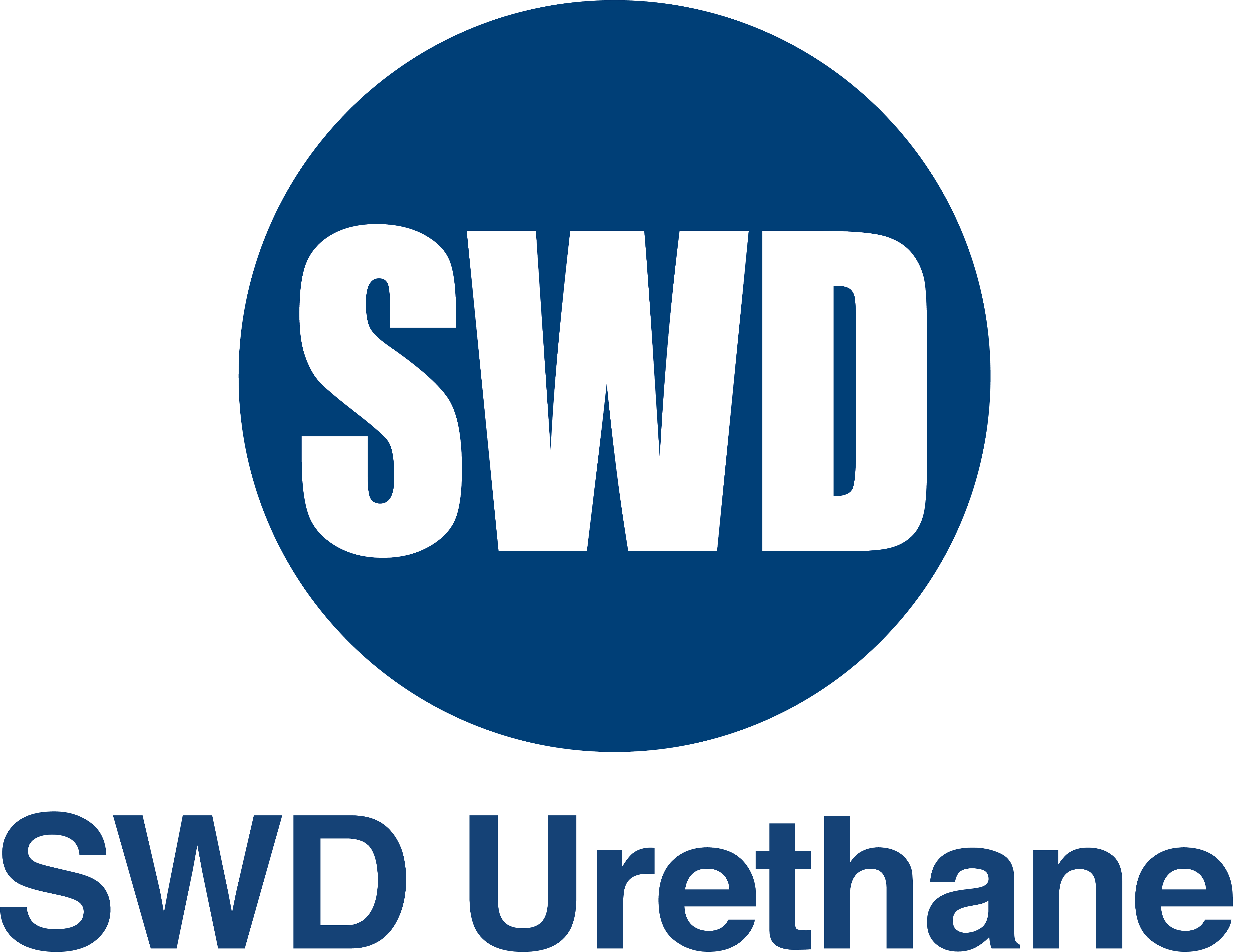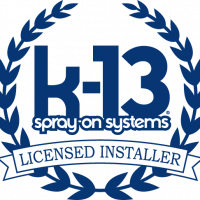Good insulation helps keep your house warm when it’s cold outside, and cool when it’s hot outside. For a long time, fiberglass insulation was the go-to choice for home insulation, but with our society’s growing focus on going green, a number of more eco-friendly insulation options have gained in popularity.
If you’re in the market for insulation—say you’re building a house or refinishing an attic––and it’s important to you that your insulation be green, here are some of the best options according to your favorite source for insulation installation in Petaluma, CA:
- Wool insulation: This is an excellent and convenient green insulation solution. It comes in rolls just like fiberglass, so it’s just as easy to install. And unlike fiberglass, it’s easy on the lungs. You can install it without wearing protective gear. Obviously, wool is highly sustainable. It’s also an excellent insulator, and resistant to moisture and mold. It needs to be treated to be fully flame retardant, which somewhat diminishes its eco-friendliness.
- Cotton insulation: Similar to wool, it’s also sold in rolls, and is safe and easy to install. It’s often made of recycled denim, making it of very low environmental impact. It’s good at absorbing moisture and allowing it to evaporate, meaning it doesn’t often attract mold. However, it must be treated to become flame resistant. Also, it can be quite expensive, so it’s not always the best option for large, airy places.
- Cellulose loose-fill insulation: This is made from recycled paper. It’s a sprayed or blown loose-fill insulation. Because it’s a spray insulation, it provides a tight seal as a wall and attic insulator, preventing too many air leaks, which are a major cause of loss of heat/cool and higher energy costs. It’s about as effective per inch as fiberglass, very environmentally friendly and one of the most affordable insulation solutions around.
- Spray-foam insulation: This is sprayed on to about the thickness of paint and then expands to about 100 times that size, meaning it provides a totally airtight seal—so airtight that you’ll likely need to install a ventilation system if you use it. Icynene spray-foam insulation provides the energy-saving benefits of spray-foam insulation, with the green benefits of the other naturally sourced insulations, as icynene is made from castor oil and is a water-based foam. Unlike wool and cotton, however, it needs to be installed by a professional.
- Mineral wool: Mineral wool is made from recycled smelting slag, so its eco-friendliness is because it is recycled, not necessarily because of the material itself. Mineral wool is made by taking molten slag rock and converting it into fibers that are spun together into a wool-like insulation. Because of the treatment of the slag rock, mineral wool is naturally fire resistant, and doesn’t need to be further treated to prevent mold. It is also an excellent insulator. Mineral wool can be irritating to your respiratory system, though, so take care to wear protective gear when installing this material.
Since 2001, Ace Insulation Inc. has been on the cutting edge of eco-friendly insulation installation in Petaluma, CA. We’re a locally owned and operated insulation installation company, and whether you are building a new home or renovating your existing space, we are the team to call.


